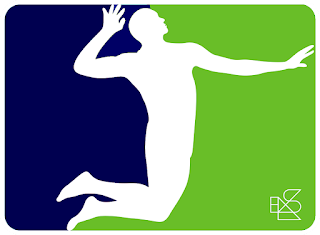The 5 Ws of a Perfect Practice
The 'Five Ws' were established over 100 years ago in the context of journalism but are just as relevant for coaches trying to design the perfect practice.
Who?
Know the group you will be coaching. The demographics, socio-economic status, individual crises that may be happening, etc.
For example, the psycho social development of an 8 year old is different to an 18 year old. Knowing who you are designing practice for will help design a great practice.
What?
Be clear about the content you are trying to develop. Have a theme. Remember, you should only work on one or two things in a practice. The players should be able to tell you what the theme was at the end of practice.
For example, if you want to work on hitting in preparation for next week, you can still include the entire game, just keep your feedback aimed at hitting and a couple of important cues.
When?
Understand the timing of the practice. Is it preseason? Prefinals? Clashing with school activities? During holidays. Understanding this will help refine expectations. Further, know when you want to be good at what you are practicing. Some things take months and years to improve so if you don't work on it from the beginning you will never be good at it when you need it.
For example, you should never do skill learning training during a period of exams for the players as they will be stressed and unable to learn effectively. Further, you should always do passing practice when serving because the players won't be able to win without good passing in the future.
Where?
Know the location of the training facility, the location within the training facility, even the location on the court. Are you going to be able to teach what you want in this location?
For example, will the gym be hot/cold helps you plan for the flow of practice to keep the athletes warm or give them more breaks for drinks.
Why?
Be very clear about why you are doing something. Is it part of a long term plan? Will it help tomorrow but hinder next week? Is it a reaction to your frustrations, or a genuine need?
For example, it makes sense to 'fix' something from last week, but not if it negatively influences your long term plans.
How?
Are you using the best methodology possible? Are you teaching in the most effective way for the outcome you want?
For example, we know that closed drills are good to develop confidence but open drills are good to develop skill. If you are using closed drills you can't expect that you will see the gains you have made next week (your players will not retain the learning). If you are using open drills you can't expect to see the gains you will make next week (your players will take longer to learn but it will stick once they do).



Comments
Post a Comment